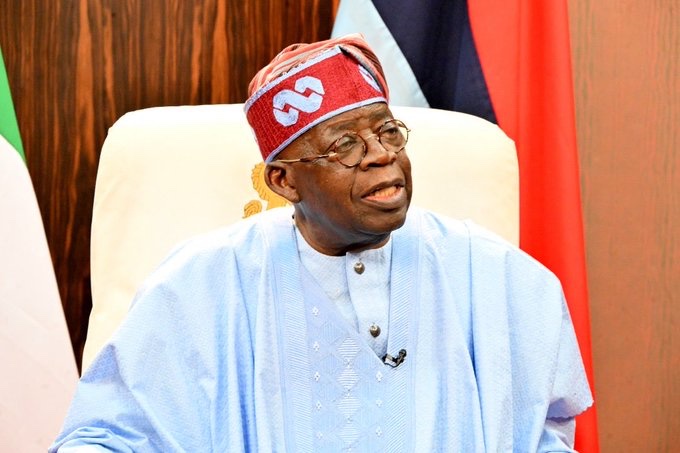
Prophet Kunle Hamilton Warns: “BBNaija Is Not a Place for Christians”

A viral post on X has reignited conversations around morality, faith, and entertainment in Nigeria after Prophet Dr. Kunle Hamilton, a respected Celestial Church cleric, declared that “BBNaija is not a place for Christians.”
The preacher’s comments, shared shortly after the conclusion of the 2025 Big Brother Naija season, specifically referenced former housemate Imisi, who participated in the just-ended reality show.
Prophet Hamilton expressed concern over the growing number of young Christians—especially Celestians—who aspire to join the controversial show, urging them to reconsider. “I would hate to see young Celestians like Imisi falling over themselves to register next season,” he wrote. “Imisi got lucky and escaped without much scandal. I doubt if others can keep it clean.”
The cleric’s statement appears to stem from BBNaija’s long-standing reputation for morally charged content, where contestants often engage in behavior considered provocative or incompatible with conservative religious values.
He cautioned that while fame and influence might seem attractive, the spiritual and moral cost of such exposure could be devastating for believers.
Hamilton’s post quickly sparked heated debates online. Supporters from religious communities praised his boldness, commending him for “speaking truth in a morally confused generation.” Many echoed his view that BBNaija has become “a moral trap disguised as entertainment,” arguing that Christian youths should seek alternative platforms to showcase talent and intelligence without compromising faith.
On the other side, critics accused the Prophet of moral policing and hypocrisy, insisting that spirituality should not exclude young people from mainstream media opportunities. Some pointed out that Imisi’s graceful conduct during the show—marked by modesty, self-control, and emotional maturity—proved that one could maintain faith-based values even in secular spaces. “If Imisi could represent her faith without scandal, maybe the church should support, not shame, young people breaking barriers,” one user commented.
This divide mirrors Nigeria’s broader cultural tension between religious conservatism and modern entertainment. BBNaija, despite criticism, remains one of the country’s most-watched reality TV shows, commanding millions of viewers and shaping pop culture conversations every season. Yet its moral implications continue to challenge churches, parents, and youth organizations grappling with where to draw the line between fame and faith.
Prophet Hamilton’s warning, while controversial, taps into a deeper question many Nigerian Christians quietly wrestle with: Can faith and fame coexist in today’s entertainment-driven world? As BBNaija continues to evolve—and more young believers seek the spotlight—the line between conviction and compromise grows thinner, forcing society to rethink what it truly means to represent faith in public spaces.


